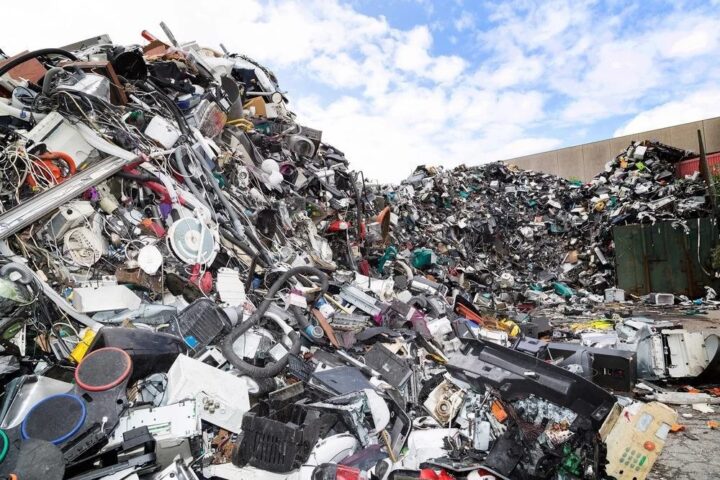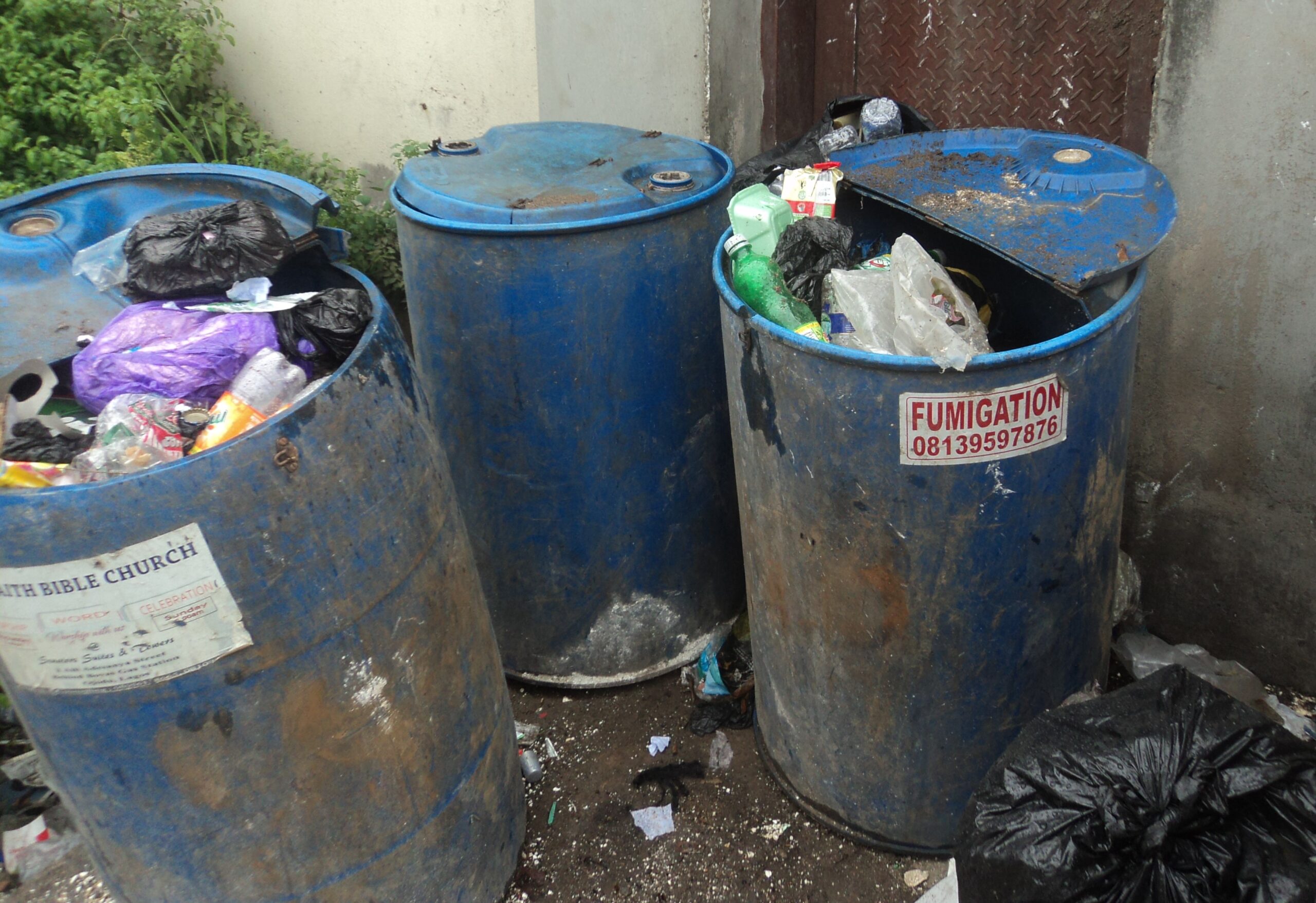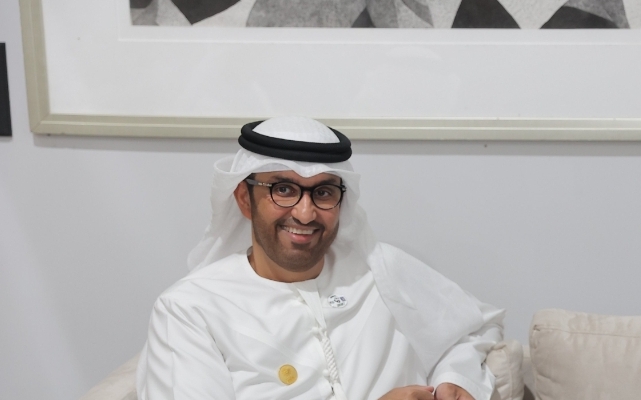The ministry of environment and the National Environmental Standards and Regulation Enforcement Agency (NESREA), in collaboration with recyclers, have recycled 300 tonnes of e-waste in Lagos state.
The initiative is part of the United Nations Environment Programme (UNEP) and global environment facility (GEF) project on “circular economy approaches for the electronics sector in Nigeria”.
Speaking at the event on Wednesday, Mohammed Abdullahi, minister of environment, said e-waste is one of the fastest growing waste streams globally, adding that most developing nations have been turned to dumping grounds for used electronics.
Abdullahi, who was represented by Stanley Jonah, director of planning, research and statistics, said e-waste management in Nigeria is majorly handled by the informal sector.
Advertisement
“They retrieve the economically viable components through dismantling and dispose of the part that is not valuable to them either at open dumpsite or by burning or burying with municipal waste,” he said.
“Besides adding harmful element components to the environment, indiscriminate disposal of waste is a lost opportunity for recycling.
“Most solid waste contains some form of recycling materials, including plastics, glass, precious materials and metal.
Advertisement
“This calls for concern on the resources efficiency and the attendant problems it poses to human health and the environment.”
The minister commended Lagos state for its efforts in achieving the project target of recycling 300 tonnes of e-waste.
Aliyu Jauro, director-general of NESREA, said there is a lot of environmental and health risk associated with e-waste.
He said some of the hazardous materials contained in e-waste are lead, mercury, beryllium, cadmium and persistent organic pollutants (POPs).
Advertisement
The director-general said the project aims to reduce the contamination of air, land and water, as well as manage the impacts on vulnerable populations in the sector.
Add a comment






